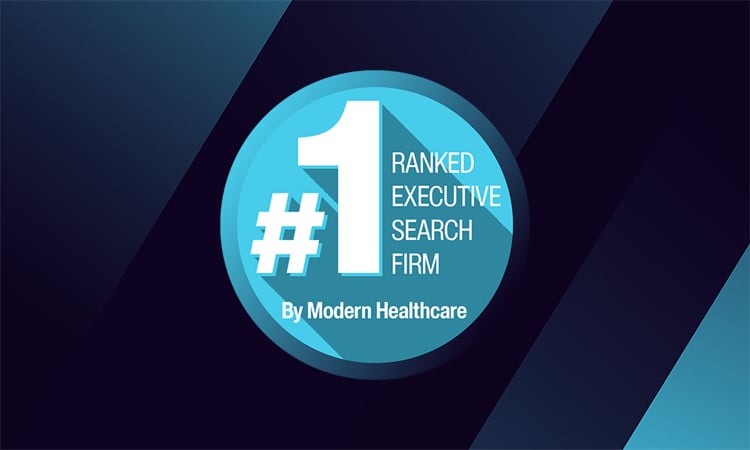
Overcoming Leadership Challenges in Healthcare Part 1
Healthcare leadership requires a balance of courage, adaptability, and resilience. Leaders must commit to patient care and organizational success, blending compassion with strategic vision. They navigate innovation, regulations, operational complexities, and the human element of caregiving. The challenges are significant, but overcoming them is profoundly rewarding.
This blog dives into the biggest leadership challenges in healthcare today and lays the groundwork for Part 2, where we’ll explore practical solutions to address these issues effectively.
Common Healthcare Leadership Challenges
1. Adapting to Regulatory Changes
Healthcare leaders operate in one of the most highly regulated industries in the world. Laws and policies governing patient care, data privacy, and insurance change frequently, requiring constant vigilance and adaptation.
For instance, shifting guidelines from government agencies like the Centers for Medicare and Medicaid Services (CMS) or updates to the Health Insurance Portability and Accountability Act (HIPAA) often lead to disruptions in standard processes. Many organizations find themselves in a scramble to comply with new rules, which could result in costly penalties if overlooked.
This challenge extends further to international organizations that must comply with laws across borders, increasing the complexity of managing compliance effectively.
2. Managing Workforce Shortages
One of the most acute challenges in healthcare today is the alarming shortage of skilled professionals. From nurses and physicians to administrative and support staff, nearly every role in a healthcare organization feels the impact of this issue.
The problem is multifaceted—aging populations require greater care while many healthcare workers face burnout, leading to higher turnover rates. The COVID-19 pandemic exacerbated these issues, causing many qualified professionals to leave the field entirely.
For leaders, workforce shortages drain not only time but also resources, as they must quickly hire and onboard staff while maintaining high standards of care.
3. Controlling Rising Costs
Healthcare costs are spiraling—hospital expenses, staff wages, medical equipment, and operational overheads are all increasing. Meanwhile, the financial stability of many healthcare organizations is under pressure from patients unable to cover costs, reduced reimbursements from insurance providers, and funding uncertainty in the public sector.
Leaders must continually find ways to strike a delicate balance between delivering high-quality care and maintaining strong financial footing. However, cutting costs must be done cautiously—any misstep can lead to an erosion in patient trust or quality of care.

4. Navigating Technology Integration
Technological advancements such as AI-powered diagnostic tools, telemedicine platforms, and complex electronic health record (EHR) systems are transforming healthcare operations. While these innovations bring immense opportunities, they also present significant challenges for leadership.
Many healthcare leaders find themselves weighed down by hefty implementation costs, complicated onboarding processes, and resistance to change among staff. Additionally, ensuring data security and compliance with privacy regulations is a constant concern amid the rapid adoption of digital solutions.
Leaders not only need to configure tech-savvy systems but also secure buy-in from teams and build a culture that embraces innovation.
5. Maintaining Patient-Centric Care
Amid operational pressures, it’s easy for healthcare organizations to lose focus on their central purpose—providing excellent patient care. Leaders must ensure every decision keeps patients' well-being and satisfaction at the forefront.
Challenges such as long wait times, impersonal interactions, and fragmented care have made it increasingly difficult to create patient-centric experiences. Beyond medical quality, factors like communication and empathy play a growing role in patient satisfaction, leaving leaders with the task of reinforcing these softer skills across all points of care.
6. Leading During Crises
The COVID-19 pandemic underscored the vital role of strong leadership during times of unprecedented crisis. While the world may have primarily turned the corner on the pandemic, other crises—natural disasters, public health emergencies, data breaches, or supply chain disruptions—inevitably arise.
During a crisis, leaders are tasked with making swift, high-stakes decisions often with incomplete information. Sustaining morale among staff and ensuring consistent communication with both employees and external stakeholders are equally critical. Effective leadership during crises often defines how an organization survives and rebuilds after such events.
If These Challenges Sound Familiar, You’re Not Alone
Healthcare leadership is as complex as it is critical. Whether balancing rising costs, integrating new technologies, or tackling workforce shortages, healthcare leaders face a unique combination of pressures that demand flexibility, foresight, and determination.
This is only the start of the conversation. If you’re grappling with these issues and wondering how to address them, stay tuned for our follow-up article, Overcoming Leadership Challenges in Healthcare Part 2, where we’ll provide practical frameworks to turn these obstacles into opportunities.
Your Path to Career Growth, All in One Place
If you’re seeking a leadership role in healthcare, B.E. Smith is your ideal partner. As experts in healthcare recruitment, we offer exciting career opportunities across public, private, and academic facilities nationwide.
Connect with a recruiter today, and let us guide you through every step of the process with dedicated support and expertise.


